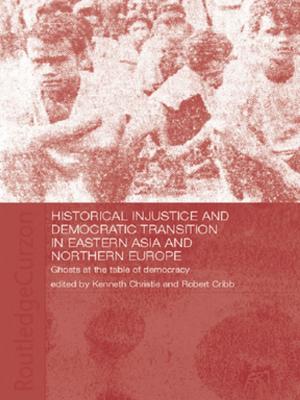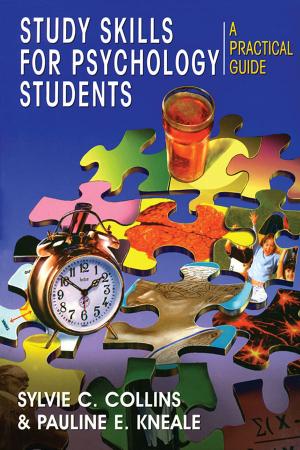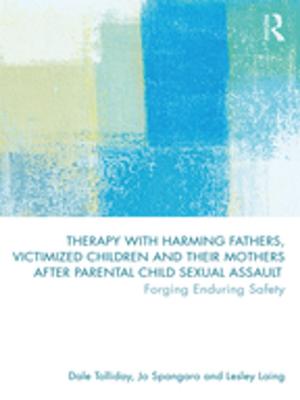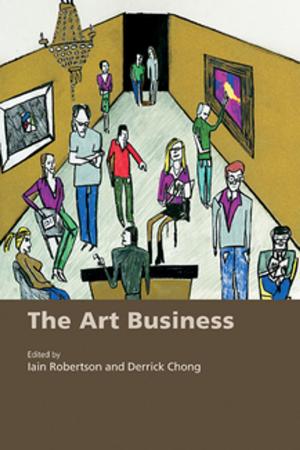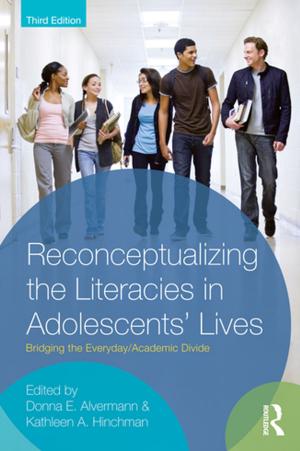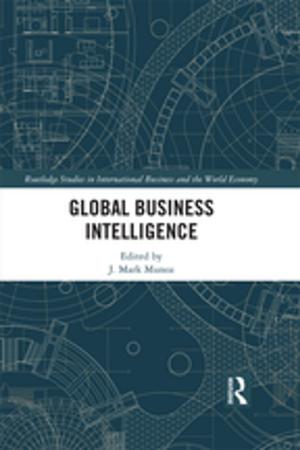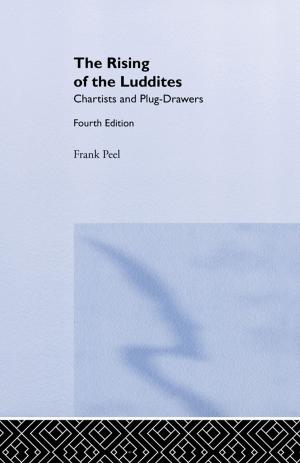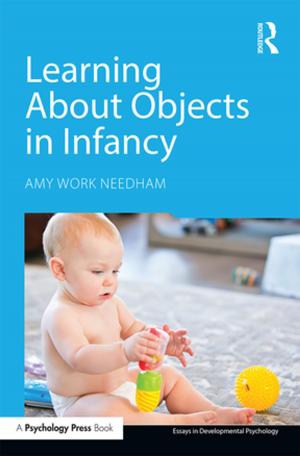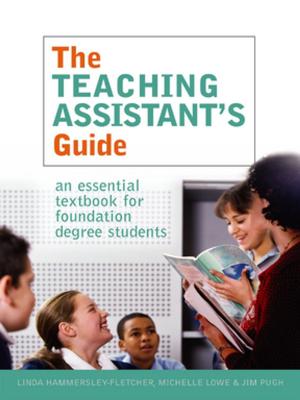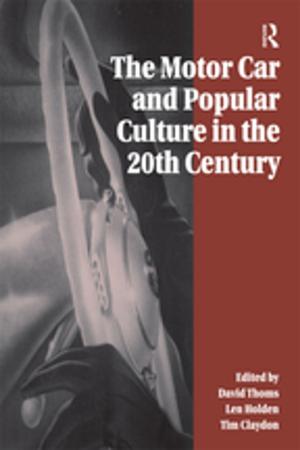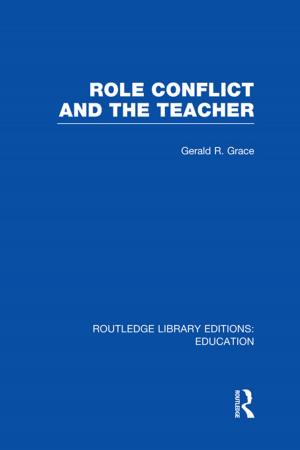The Art of City Making
Nonfiction, Social & Cultural Studies, Political Science, Politics, Regional Planning, Art & Architecture, Architecture, Landscape, Planning| Author: | Charles Landry | ISBN: | 9781136554964 |
| Publisher: | Taylor and Francis | Publication: | May 16, 2012 |
| Imprint: | Routledge | Language: | English |
| Author: | Charles Landry |
| ISBN: | 9781136554964 |
| Publisher: | Taylor and Francis |
| Publication: | May 16, 2012 |
| Imprint: | Routledge |
| Language: | English |
City-making is an art, not a formula. The skills required to re-enchant the city are far wider than the conventional ones like architecture, engineering and land-use planning. There is no simplistic, ten-point plan, but strong principles can help send good city-making on its way. The vision for 21st century cities must be to be the most imaginative cities for the world rather than in the world. This one change of word - from 'in' to 'for' - gives city-making an ethical foundation and value base. It helps cities become places of solidarity where the relations between the individual, the group, outsiders to the city and the planet are in better alignment. Following the widespread success of The Creative City, this new book, aided by international case studies, explains how to reassess urban potential so that cities can strengthen their identity and adapt to the changing global terms of trade and mass migration. It explores the deeper fault-lines, paradoxes and strategic dilemmas that make creating the 'good city' so difficult.
City-making is an art, not a formula. The skills required to re-enchant the city are far wider than the conventional ones like architecture, engineering and land-use planning. There is no simplistic, ten-point plan, but strong principles can help send good city-making on its way. The vision for 21st century cities must be to be the most imaginative cities for the world rather than in the world. This one change of word - from 'in' to 'for' - gives city-making an ethical foundation and value base. It helps cities become places of solidarity where the relations between the individual, the group, outsiders to the city and the planet are in better alignment. Following the widespread success of The Creative City, this new book, aided by international case studies, explains how to reassess urban potential so that cities can strengthen their identity and adapt to the changing global terms of trade and mass migration. It explores the deeper fault-lines, paradoxes and strategic dilemmas that make creating the 'good city' so difficult.

